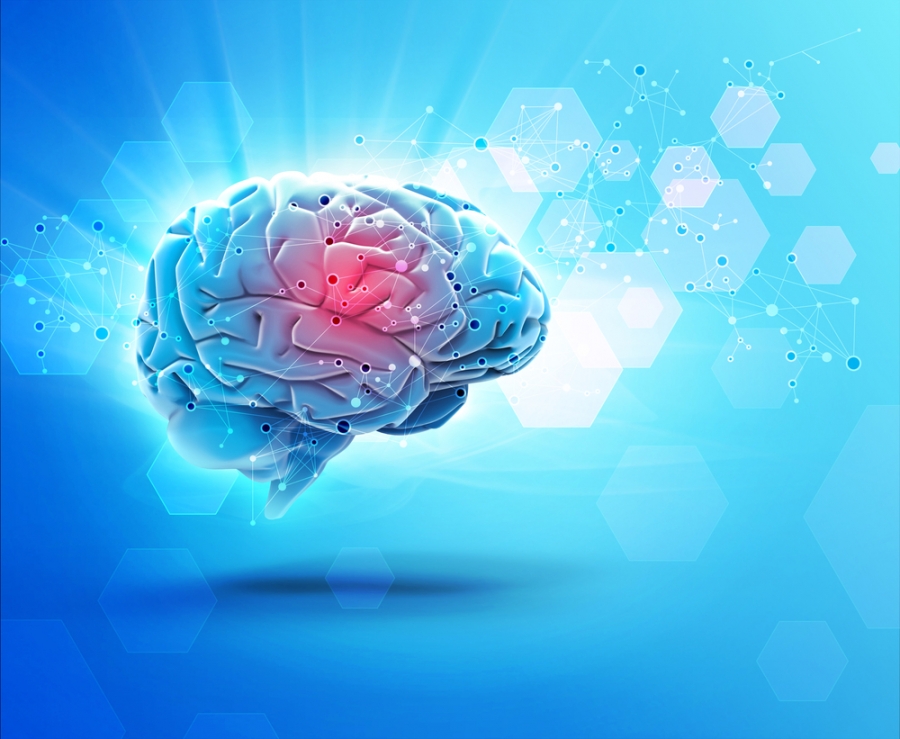It’s not always easy to enhance your brain’s functionality and efficiency. Many people struggle with issues like memory loss, mood imbalances, lack of focus, and poor decision-making skills. What if there was a therapy that could ease these issues? Enter brain mapping therapy.
This cutting-edge treatment uses advanced technology to identify areas of the brain that are imbalanced and/or could function more optimally. By building a map of these areas and then stimulating them with non-invasive techniques, brain mapping therapy can help improve cognitive functioning and brain health.
Whether you’re dealing with cognitive issues or simply looking to optimize your brain health, read on to learn more about this innovative therapy.
How Does Brain Mapping Work?
Brain mapping is a non-invasive treatment that uses sensors to monitor and measure brain activity. The sensors are attached to the scalp which record the electrical activity of the brain, which is then displayed on a computer screen. You may even work through some cognitive exercises during your mapping session.
This process helps your clinician understand which areas of the brain are under- or over-active. The gathered data informs the development of a personalized brain training program that’s designed to alleviate your symptoms and help you achieve your mental health goals.
During a brain training session, the certified neurofeedback specialist will guide the patient through various tasks and exercises designed to improve brain function. These tasks may include playing games, watching videos, or listening to music. As the patient performs these tasks, the technician will track the brain activity and provide feedback in real-time to help the patient learn how to better regulate their brainwave activities.
Over time, this therapy teaches the brain to function more efficiently, leading to improvements in a variety of areas, such as attention, memory, mood, and sleep. Brain mapping therapy has also been shown to be effective in treating a range of conditions, which include ADHD, anxiety, depression, and PTSD.
Benefits of Brain Mapping Therapy
There are several ways you can address difficulties in your cognitive function, but many traditional treatments can’t offer the wide range of benefits that brain mapping and neurofeedback can.
One of the main benefits of these therapies is the ability to provide a more accurate diagnosis and treatment plan for individuals with neurological disorders or mental health issues. By identifying specific areas of the brain that may be contributing to symptoms, providers can develop more targeted and effective treatment options.
In addition, brain mapping is a non-invasive and painless service. Unlike other diagnostic tests that may require complex procedures or uncomfortable testing, brain mapping simply involves placing electrodes on the scalp to measure and record brain activity.
This form of therapy can also be used to monitor the effectiveness of treatment over time. By tracking changes in brain activity, providers can determine whether a particular treatment method or strategy is working and adjust as needed.
Overall, the advantages of this therapy are numerous. It can help improve the lives of individuals with neurological disorders or mental health issues. By providing more accurate diagnoses and treatment options, brain mapping can help individuals achieve better outcomes and boost their quality of life.
What to Expect During a Brain Mapping Session
As mentioned earlier, electrodes will be placed on your scalp during your brain mapping session, which picks up signals from your brain and sends them to a computer.
The clinician will then analyze the data to identify any irregular patterns or areas of the brain that may need attention. This information can then be used to create a detailed and customized treatment plan. Treatments may involve a variety of therapies such as cognitive-behavioral therapy or neurofeedback. A typical brain mapping session may last anywhere from 30 minutes to a full hour.
Overall, the goal of brain mapping therapy is to help you better understand and manage your brain function, and to promote overall well-being.
Work with a Qualified Brain Mapping Therapist in Denver: Braincode Centers
Finding a qualified brain mapping specialist can feel overwhelming. However, there are some simple steps you can take to help you find the right therapist for your needs:
- Research different providers and clinics that offer brain mapping services. Look for clinics that specialize in neurofeedback or brain mapping specifically.
- Check the provider’s credentials and qualifications. Make sure they have the necessary training and certification to provide brain mapping and training services.
- Read reviews and testimonials from previous patients. This can give you an idea of the clinic’s success rates and the quality of its services.
- Schedule a consultation with the brain specialist to discuss your needs and goals. This can help you determine if the therapist is a good fit for you and your specific needs.
Braincode Centers was founded with the mission of instilling hope. Whether you’re struggling with chronic symptoms of anxiety or you’re recovering from a traumatic event, your everyday life is being altered by your symptoms and your experiences. Our local neurofeedback specialists understand those struggles, which is why the patient experience at Braincode Centers always comes first. After your brain mapping session, we will build a personalized treatment strategy for you to achieve long-term symptom relief and help improve your quality of life.
Set up a consultation today to see how brain mapping can work for you!




